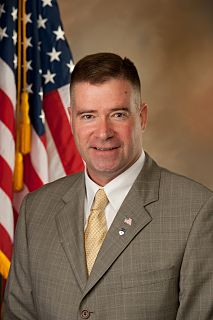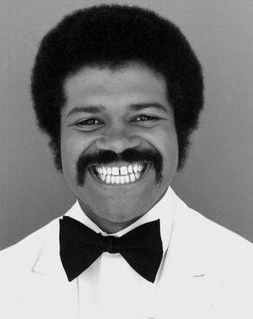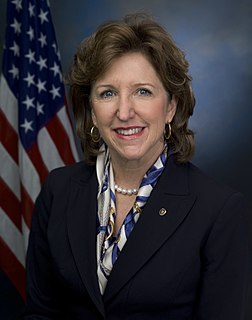A Quote by Margaret Hoover
Conservative faith traditions argue rightly for strict religious protections in the law so that churches, synagogues and mosques aren't forced to perform ceremonies inconsistent with their religious teachings.
Related Quotes
My belief is that the various religious traditions have great potential to increase compassion, the sense of caring for one another, and the spirit of reconciliation. However, I believe that a human being, without religious faith, can be a very good person - sincere, a good heart, having a sense of concern for others - without belief in a particular religious faith.
The federal Religious Freedom Restoration Act passed unanimously in the House, won 97 votes in the Senate, and was signed into law by President Bill Clinton. Twenty states have passed their own versions of this law, and 11 additional ones have religious-liberty protections that state courts have interpreted to provide a similar level of protection.
I believe not only that religious faith will be victorious, but that it is vital to humankind that it shall be. We may differ in form and particulars in our religious faith. Those are matters that are sacred to each of our inner sanctuaries. It is our privilege to decline to argue them. Their real demonstration is the lives that we live.
Religious-liberty protections are one way of achieving civil peace even amid disagreement. The United States is a pluralistic society. To protect that pluralism and the rights of all Americans, of whatever faith they may practice, religious-liberty laws are good policy. Liberals committed to tolerance should embrace them.
Through my Faith-Based and Community Initiative, my Administration continues to encourage the essential work of faith-based and community organizations. Governments can and should support effective social services, including those provided by religious people and organizations. When government gives that support, it is important that faith-based institutions not be forced to change their religious character.

































